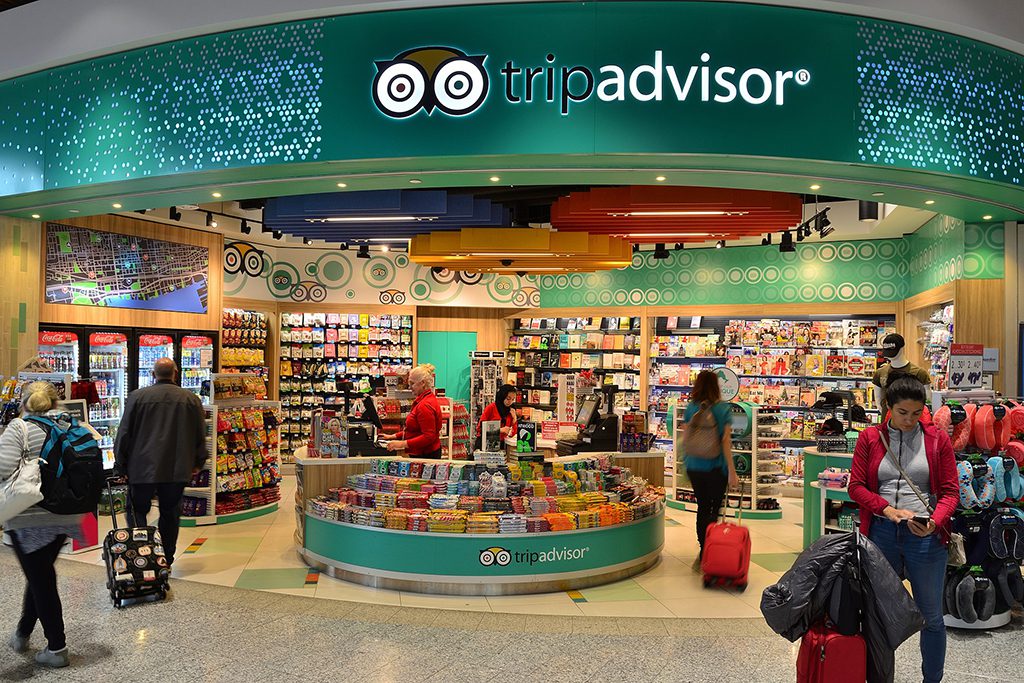What's Wrong at Tripadvisor?

Skift Take
Question: At Tripadvisor, as a controlled company, what mechanisms did minority shareholders have to pressure Chairman Greg Maffei to make dramatic changes? Answer: Relatively few.
Tripadvisor recently laid off well over 200 employees to reboot its once-market-darling Experiences business as part of a wider reorganization. The company's share price has basically been in free fall since the summer of 2014 when it reached $110 per share.
With coronavirus taking a toll in recent days, Tripadvisor's stock was trading at lower than $29 per share in the past few days.
It all underscores the travails of this once-dominant travel giant. How it got to where it is today reveals missteps, a changing competitive environment, and a corporate structure that left little accountability.
From Online Travel Leader to Struggling Company
When Expedia spun it out in 2011, Tripadvisor was the undisputed king of hotel reviews and research with great reach in organic search — that is, until Google Travel tilted consumer traffic in its own direction and competitors such as Booking.com, Expedia, and Airbnb closed the gap. In the interim Tripadvisor pivoted from hotel pop-under advertising to metasearch; from metasearch to instant booking and back; and toward an emphasis on experiences, dining reservations, hotel business-to-business services, and travel inspiration.
In its third-quarter report in November, Tripadvisor cited Google pushing its own hotel products as contributing to a 12 percent revenue decline in Tripadvisor branded hotels, as well as a slower than expected revenue increase, at 19 percent, in its once starry-eyed but increasingly pressured Experience and Dining segment.
Today, if you walk into hotels and restaurants around the world, you're likely to find a Tripadvisor certificate of excellence or a "top-rated" sign, but the company isn't known as a place to find hotels, vacation rentals, or attractions to book. Despite all of the pivots, the company still hasn't found its bearings.
We reached out to a corporate governance organization, investors, financial analysts, industry veterans, and Tripadvisor itself to get a reading on the company's status and to gain insight into what's wrong at corporate headquarters in Needham, Massachusetts.
A Controlled Company
Institutional Shareholder Services Group, in its annual look at Tripadvisor prior to the company's shareholder meeting in June, faulted the controlled company on a number of grounds, including a board majority that is not independent; the

